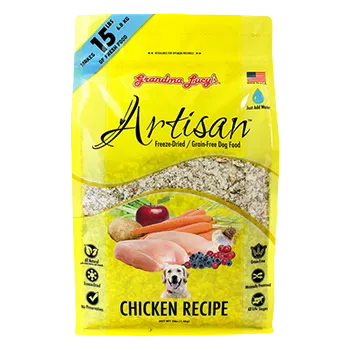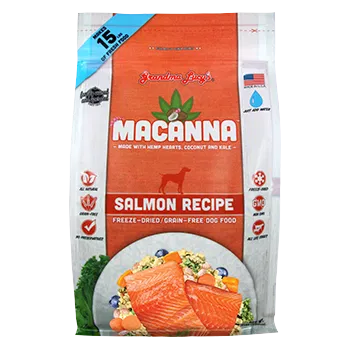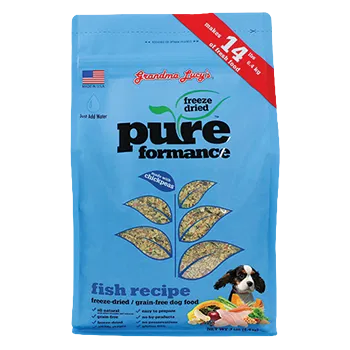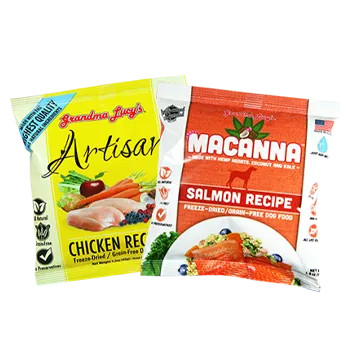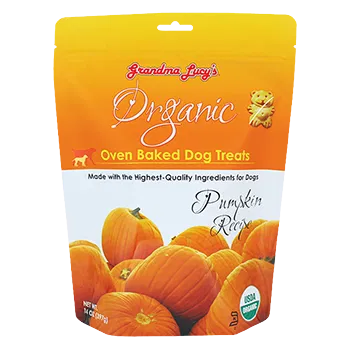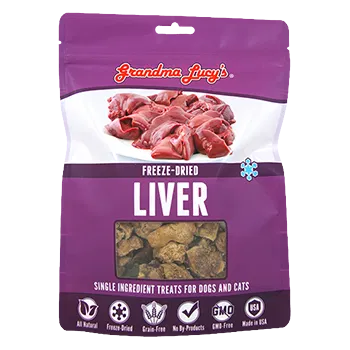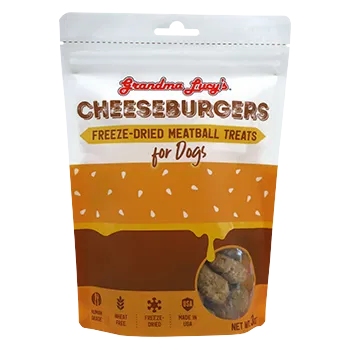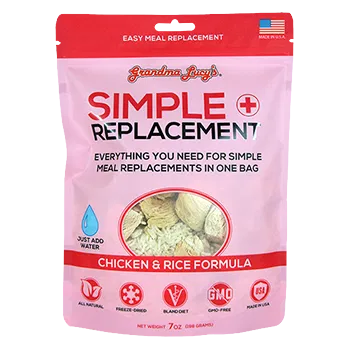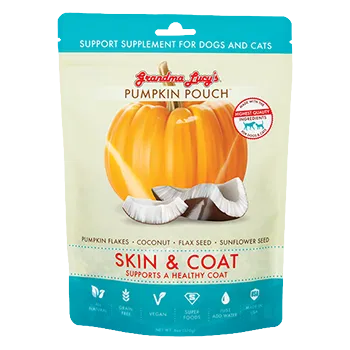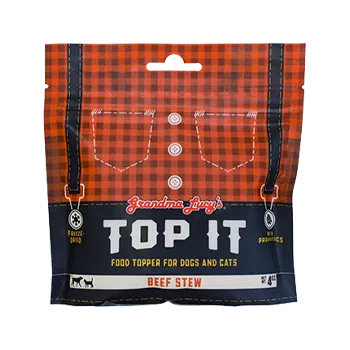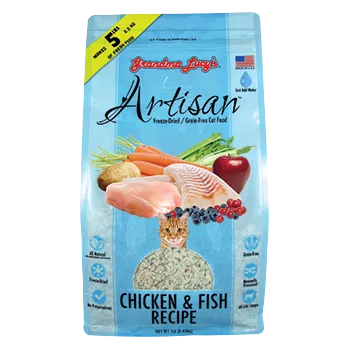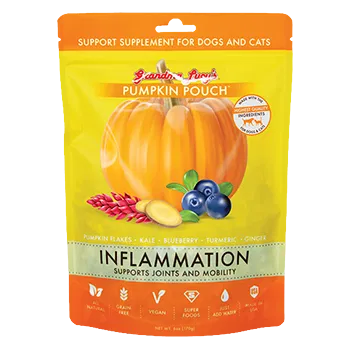Loving pet parents are often concerned about whether they’re making the best feeding decisions for their dogs and cats. Although the ideal diet is different for each animal, learning some general information about pet nutrition can help you make healthy choices for your four-legged family member.
However, this is easier said than done. There's a lot of information out there from a lot of different sources (some better than others), and it's easy to get overwhelmed.
We know a lot goes into deciding what to put in your furry friend’s food bowl, so to make things easier, we’ve outlined some important points for you to consider.
Making Dietary Decisions For Your Dog Or Cat
For starters, you have to decide whether to feed your dog or cat a kibble, wet food, cooked, or raw diet. This should be based on his or her health, as well as your budget and lifestyle.
It’s also important to know which kinds of wholesome foods and supplements you can give your pet. A dietary boost can help get your pal into tip-top shape, depending on his or her nutrition needs.
But in addition to learning what you should feed your pet, it's essential to know what not to do. There are some common feeding mistakes pet parents make without meaning to, but the fact is, it can hurt their companion in the long run.
For instance, many people show their pets love through treats, but too many of them can lead to obesity, which is linked to a host of health issues and diseases.
There are also certain ingredients pet parents should avoid in store-bought dog and cat foods, including food dyes, preservatives, and excess sugar. Even though they're commercially available (and even common), it doesn't mean they're good for your companion!
And of course, it's all about balance; treats are okay on occasion, and providing your pal a nice variety of vitamins, minerals, and nutrients is an absolute must.
Your Pet's Health Depends On You!
Our pets can't make health-based decisions for themselves, and they depend on us to give them proper care. From preparing their meals to making sure their emotional and physical needs are met, it's our job to keep them as happy and healthy as possible.
You don’t have to be an expert to be a wonderful pet parent. However, you do have to have a little background knowledge about how to care for your companion -- and that includes getting expert guidance from veterinarians and nutritionists you trust.
But while their help is crucial, at the end of the day, the decisions you make for four-legged friend are ultimately up to you. So, listen to the advice of trusted professionals, do some research, and use your best judgment. Remember: no one knows your pet quite as well as you!


